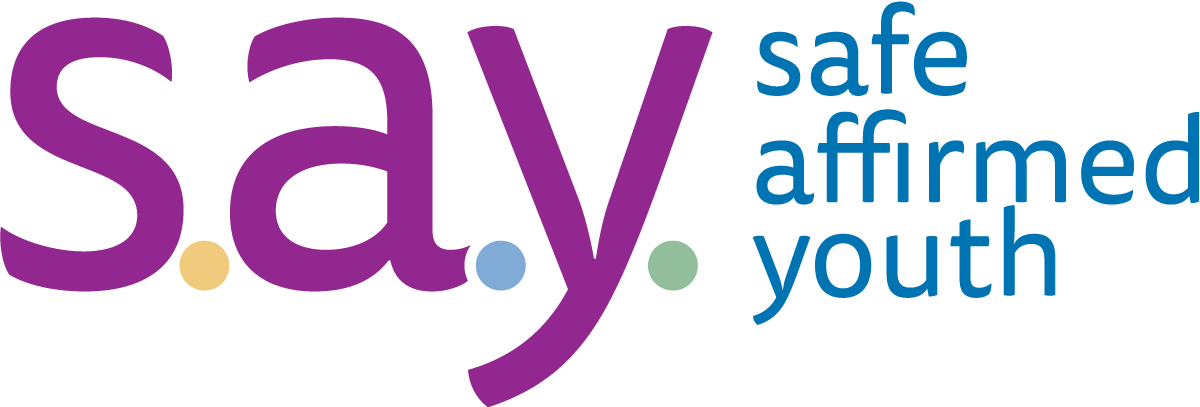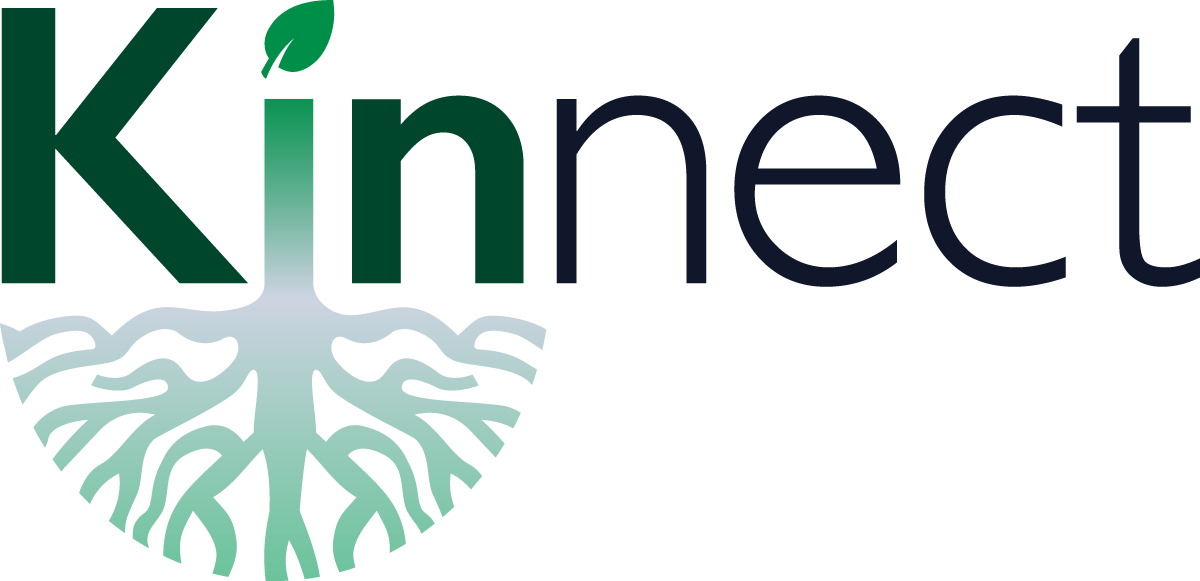Affirming LGBTQI+ youth in foster care: Kinnect meets with federal officials

Kinnect was invited to participate in a July 7 meeting with federal officials from the U.S. Department of Health and Human Services about affirming LGBTQI+ youth in foster care. Along with partners from the Cuyahoga County Division of Children and Family Services and Frontline Services, Kinnect shared successes and lessons learned from the Affirm Me program with January Contreras (assistant secretary for the Administration for Children and Families (ACF) at the U.S. Department of Health and Human Services), Aysha E. Schomburg (associate commissioner for the Children’s Bureau), Rebecca Jones Gaston (commissioner of the Administration on Children, Youth and Families at ACF) and Julie Kruse (senior advisor for LGBTQI+ Initiatives at the ACF).
From 2017-2021, Affirm Me was a grant project designed to improve outcomes for youth with diverse sexual orientations, gender identities, and gender expressions (SOGIE) who are in out-of-home care. It was funded through the National Quality Improvement Center on Tailored Services, Placement Stability, and Permanency for Lesbian, Gay, Bisexual, Transgender, Questioning, and Two-Spirit (LGBTQ2S) Children and Youth in Foster Care.
The July meeting centered on why the work that emerged from Affirm Me is a promising model for replication. Safe identification of youth SOGIE, affirming caregiving, service development, and practice implications were areas of concentration. Kinnect Executive Director and Co-Founder Shannon Deinhart focused on the Chosen Affirming Family Finding (CAFF) model implemented as part of Affirm Me. The CAFF model helps to engage the biological, adoptive, and chosen family of young people who have been separated from them by out-of-home foster care and/or young people who are at risk of family separation. The overall goal of family finding within the CAFF model is to locate and engage as many family members and significant adults as possible for the explicit purpose of identifying committed, life-long, and positive connections. These connections lead to a robust network of affirming individuals who provide emotional and potentially legal permanency for LGBTQ+ young people. Kinnect is currently integrating CAFF as a cultural adaptation across its programs as well as developing a Safe Affirmed Youth training series.
During the Affirm Me program, Kinnect also supported the implementation of the Youth Acceptance Project (YAP) with partners at Frontline in collaboration with Family Builders, the purveyor of the model. YAP is a model that works with families of LGBTQ+ youth to address their fears and worries related to their LGBTQ+ child and help the family learn new and supportive behaviors to improve their youth’s well-being. Team members use a trauma-informed approach to partner with caregivers, supporting them to process misinformation, resistance, fear, and grief they may feel when they learn that the child is LGBTQ+. During the Affirm Me program, YAP was used as a prevention tool for young people who were at risk of leaving their caregiver’s home because of rejection. When the federal grant came to an end, Frontline embedded the program as part of their existing work with the support and partnership of Family Builders.
For more information about Kinnect’s Safe Affirmed Youth work, contact Shannon Deinhart.
